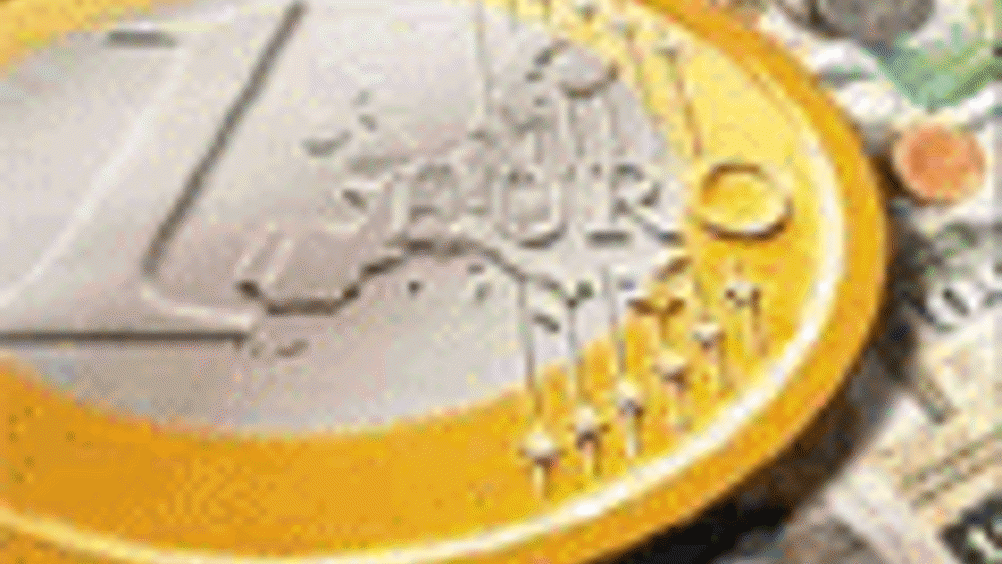Changes to the European patent process could help UK manufacturers compete more effectively in European markets, according to
Withers & Rogers, a UK firm of patent and trade mark attorneys.
The changes to the patent process, due to take effect on 1 May 2008, are being introduced as a result of the ‘London Agreement’, which has recently been ratified by the French government, allowing the changes to come into effect this year.
The new process for obtaining European patent protection will typically be 40 per cent cheaper, according to the European Patent Office. This is because, once the patent has been granted, the full text of the patent will no longer have to be translated into the language of the country where protection is sought, which has traditionally meant expensive translation costs. From 1 May, UK companies filing their application in English will not be required to pay for any subsequent translations and will be able to obtain patent protection in 14 participating European states.
According to Dave Croston, patent attorney at Withers & Rogers, the new process will deliver more than just cost savings. He explained: ‘The cheaper costs will certainly be welcome, particularly for UK businesses that will be filing applications in English, one of the three official languages recognised by the European Patent Office, but there are other benefits too.
‘In the past some manufacturers have cut corners when it comes to protecting their innovations by choosing to file patent applications only in the language of the most dominant European markets. For example, it would not be unusual for an automotive component manufacturer in the UK to file a patent application in German and French only. However, such businesses may be running the risk that their innovations could be copied and manufactured by competitors in other parts of Europe.’
According to Withers & Rogers, the new process will remove a significant cost disincentive and will enable manufacturers to obtain patent protection in more European territories for the same or less money.
‘Bearing in mind the 20 year term for patents in Europe, there is an opportunity for businesses to obtain patent protection at a reasonable cost in emerging European markets,’ said Croston. ‘The greater the reach of their patent protection, the more market opportunities there are for UK manufacturers to exploit. This can only help to improve UK competitiveness.
‘However, the benefits introduced by the London Agreement are also available to companies from other countries and therefore careful review of invention protection strategies is essential for UK companies.’
More information about the London Agreement can be found at the website of the
European Patent Office.











McMurtry Spéirling defies gravity using fan downforce
Ground effect fans were banned from competitive motorsport from the end of the 1978 season following the introduction of Gordon Murray's Brabham...